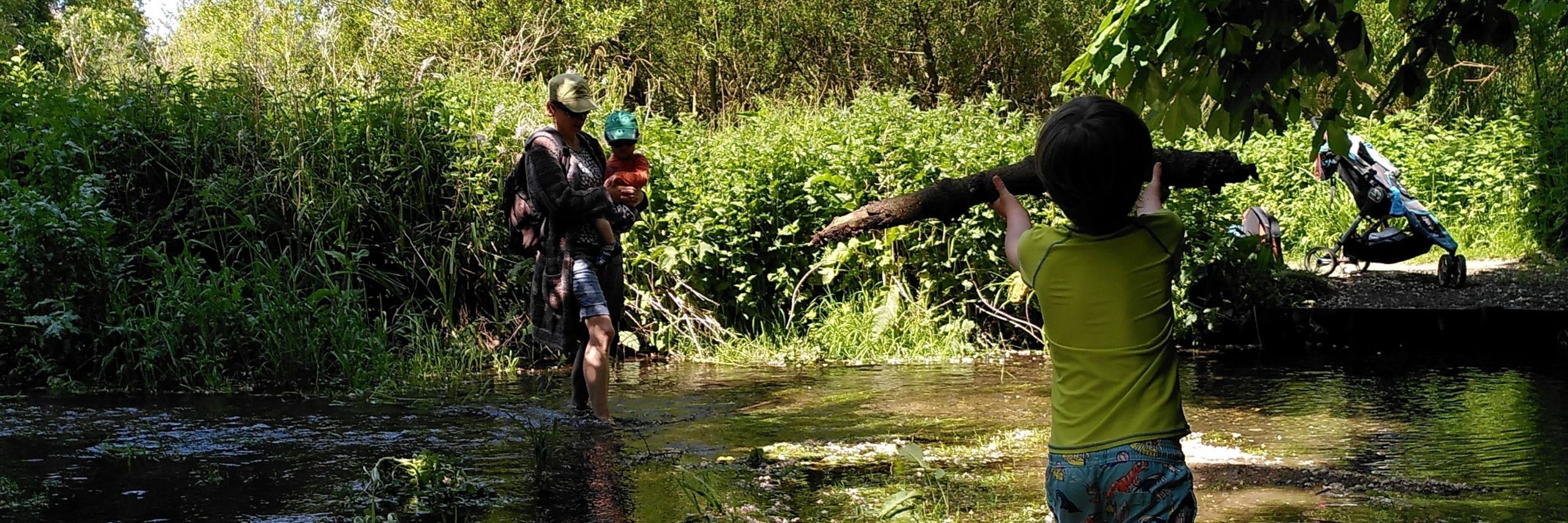Dave Tickner
@davetickner.bsky.social
1.3K followers
150 following
130 posts
Rivers, water, nature, people. Sometimes other stuff.
Posts
Media
Videos
Starter Packs
Reposted by Dave Tickner
Reposted by Dave Tickner


















